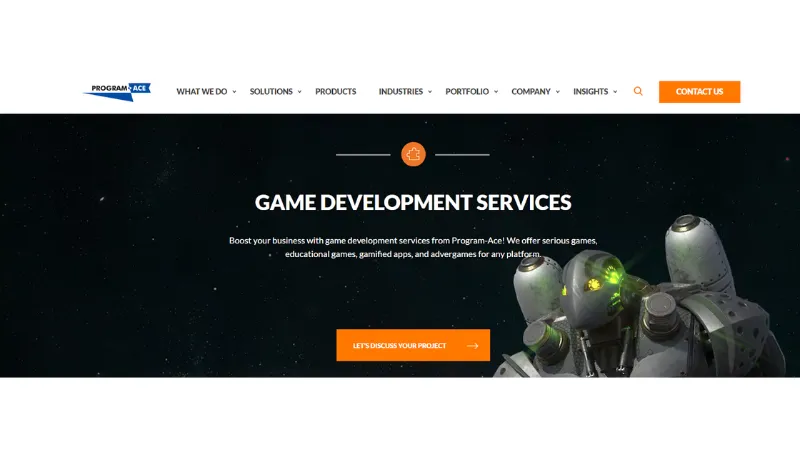
UK payment startups implement new affordability assessment systems following FCA guidelines introduced in January 2025. Enhanced KYC requirements now apply to digital entertainment transactions above £50 monthly.
Processing times increased by an average of 18% across major UK digital banks since March 2025. Monzo processes 2.3 million additional verification requests monthly. Starling Bank reports 31% higher operational costs due to compliance infrastructure upgrades.
Affordability Verification Changes Transaction Flows
FCA data shows 67% of UK fintechs updated core payment systems between February and August 2025. Income verification now required for recurring digital subscriptions exceeding the £50 threshold.
Revolut implemented automated affordability scoring that processes 150,000 checks daily. Their system flags 12% of entertainment-related transactions for manual review. Monzo's equivalent system handles 89,000 daily assessments with a 9% manual review rate.
Compliance technology spending increased 127% year-over-year among UK payment startups, according to Innovate Finance Q2 data. Companies allocate between 22% and 28% of engineering budgets to regulatory features.
Cross-Border Payment Compliance Expands
Increased due diligence requirements are making international payments more difficult. UK consumers are now faced with additional verification steps for cross-border transactions, prompting some users to turn to alternative platforms outside of traditional banking.
Payments startups are responding with specialized products. TrueLayer is building advanced API endpoints for cross-border compliance. Yapily is building automated reporting tools that simultaneously meet both UK and EU requirements.
In the entertainment sector, a portion of the UK audience is moving to alternative platforms, creating demand for flexible payment gateways and tools, such as Non UK Casinos for UK Players. This trend is forcing fintech companies to balance regulatory compliance with user experience.
RegTech Investment Surges
UK regtech startups raised £247 million in H1 2025, up from £94 million in H1 2024. Flagright secured £15 million Series A in April. Napier closed £22 million Series B in June for transaction monitoring tools.
Compliance automation platforms now serve 78% of UK payment startups, compared to 31% in 2024. Integration timelines average 6-8 weeks for transaction monitoring systems.
Bank of England data indicates 156 UK fintechs purchased third-party compliance solutions rather than building internal systems. Average implementation costs range from £180,000 to £420,000 depending on transaction volume.
Consumer Spending Patterns Shift
ONS payment data reveals subscription bundling increased 29% among UK consumers in Q2 2025. Average bundle size grew from 3.2 to 4.7 services per household to minimize affordability checks.
Buy-now-pay-later transaction volumes dropped 16% year-over-year as income verification requirements expanded. Klarna UK reported 23% fewer approved applications since enhanced checks began.
Business payment segments show 41% growth as companies redirect resources from consumer markets. Tide Business Banking added 34,000 corporate customers in Q2 2025, up 52% from Q2 2024.
Infrastructure Investment Accelerates
UK payment infrastructure spending reached £1.8 billion in H1 2025 according to techUK research. Microservices adoption increased from 43% to 71% among surveyed fintechs.
Open banking API calls related to affordability data increased 156% between Q1 and Q2 2025. Consumer Data Right implementation costs average £2.3 million per major payment provider.
Technical debt reduction projects consume 34% of development cycles as companies rebuild legacy systems for compliance requirements. Average project duration spans 14-18 months for complete platform overhauls.


 Follow us
Follow us Follow us
Follow us














